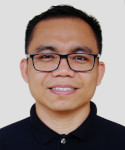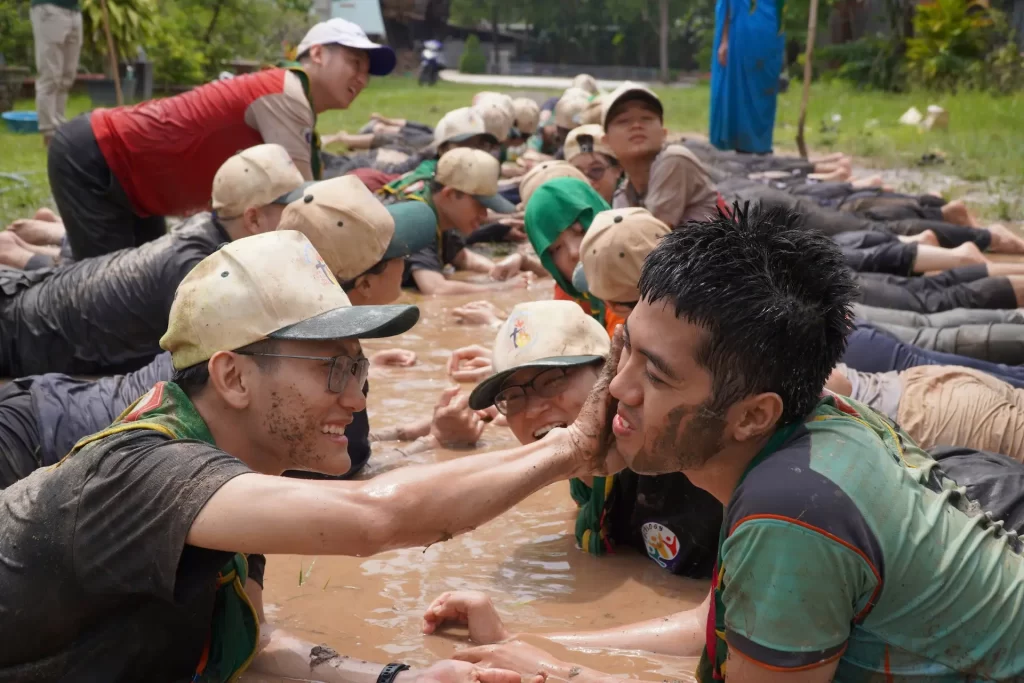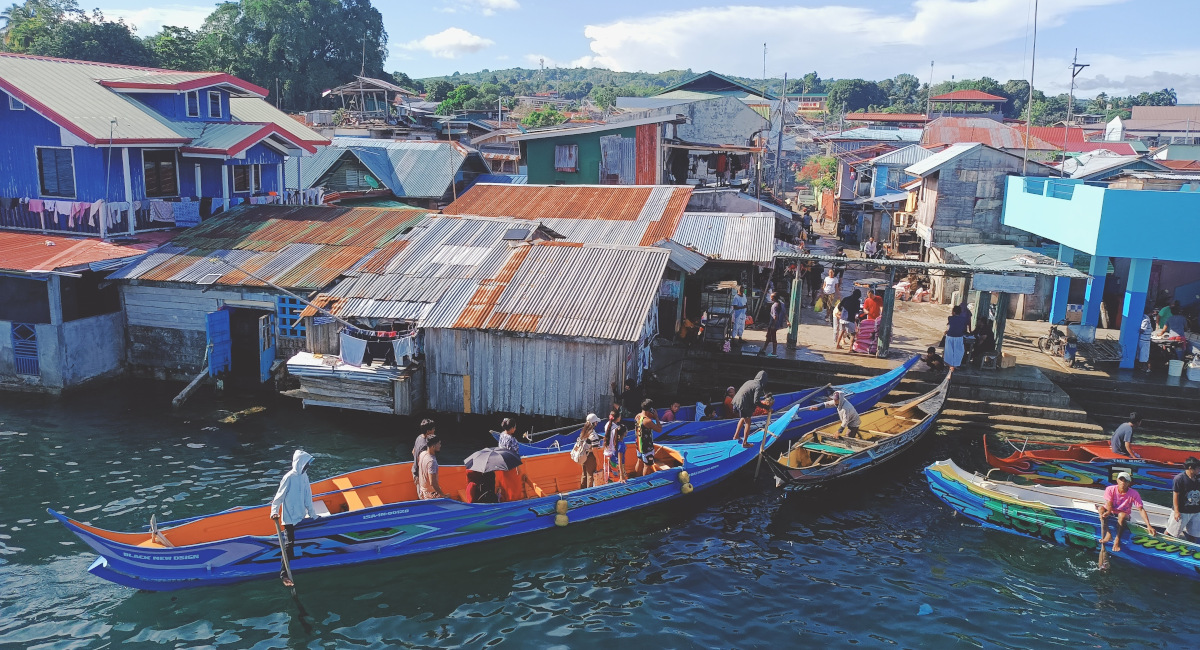
Zamboanga has unfairly been depicted as unsafe due to its tumultuous history of sieges and kidnappings. Our expedition allowed us to challenge these misconceptions and explore the city’s vibrant culture and culinary delights, while also delving into its complex past through orientations and guided tours of historical sites. I was particularly drawn to the city’s demographics, as it is home to a sizable Muslim population, which resonates with my own background as a Malaysian.
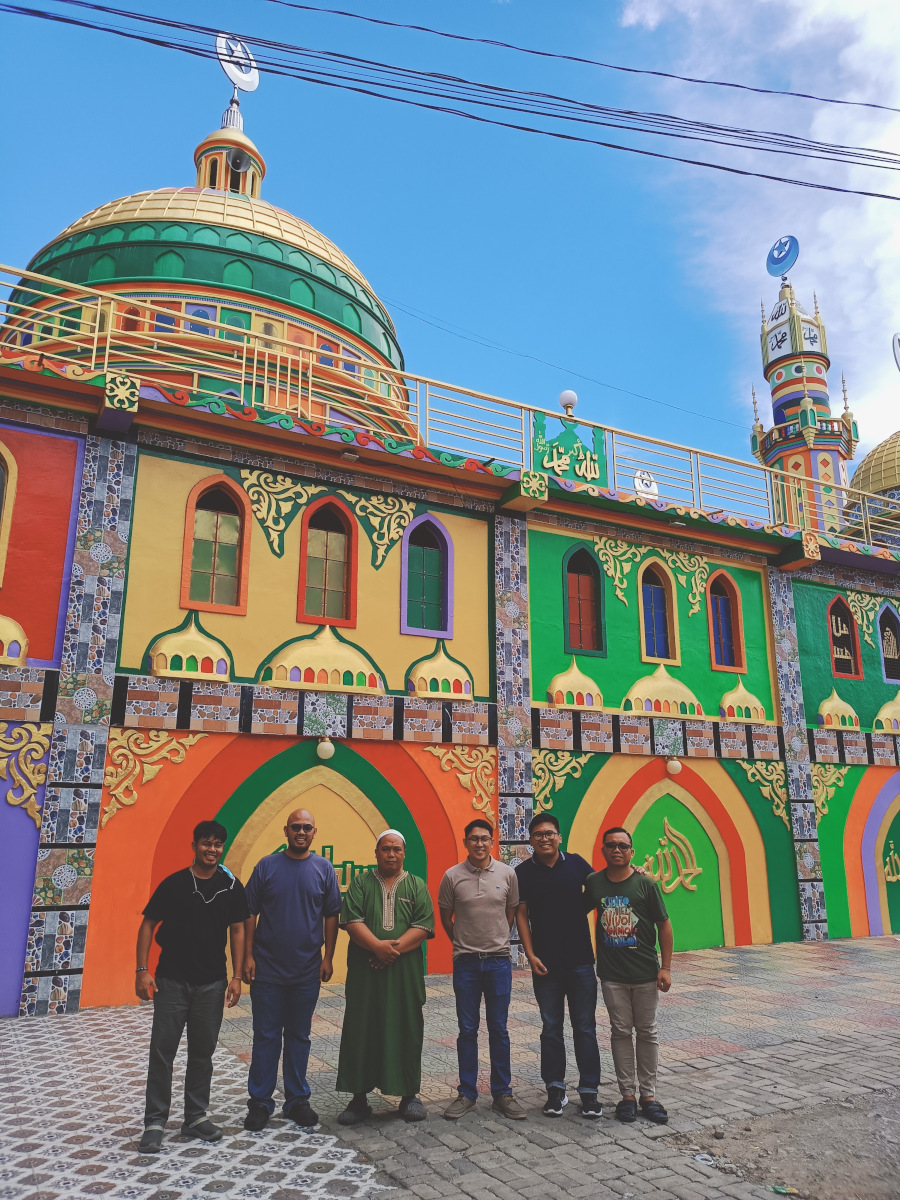
Located within the Zamboanga region, Basilan province stands as a shining example of interreligious dialogue and harmony. During our visit to the village of Tairan in Lantawan, we participated in a forum organised by the community with the support of Bishop Leo M Dalmao CMF DD. The event brought together representatives from diverse faiths, including Muslims, Catholics, and Protestants, fostering an enlightening and inclusive atmosphere.
One speaker who left a lasting impression on me was Imam Sabri Mujahirim with his emphasis on God’s love as the driving force for unity. “Without love, chaos; with love, unity,” he said, highlighting the profound impact that love can have on bringing people together. The shared understanding that God embodies love, as conveyed in both the Bible and the Al-Quran, serves as the bedrock for peace and harmony in the community. This love was beautifully exemplified through their fellowship and respect for one another, particularly during significant life events such as weddings, funerals, and festive occasions like Aidilfitri and Christmas. The community is able to transcend religious boundaries and embrace unity because of love.
We were also fortunate to explore the subgroups among Muslims through short visits to some of the mosques in Zamboanga. We were introduced to Shi’a and Sunni Muslims and gained insights on the nuances behind Islamic beliefs. At both mosques, we were met with a warm welcome and an openness to answer our questions, leading to countless “lightbulb moments” as we understood the distinct practises of the two groups within Islam. We took away a shared commitment to harmony and the pursuit of the common good. During the forum, the imam reminded us that while differences may persist, debates alone cannot fully resolve them. Instead, he encouraged us to seek common ground where unity can flourish. Imam Salman of Shia Muslim cited Pope Francis as a living testament to interfaith dialogue, expressing his satisfaction with the Pope’s remarkable contributions in this endeavour.
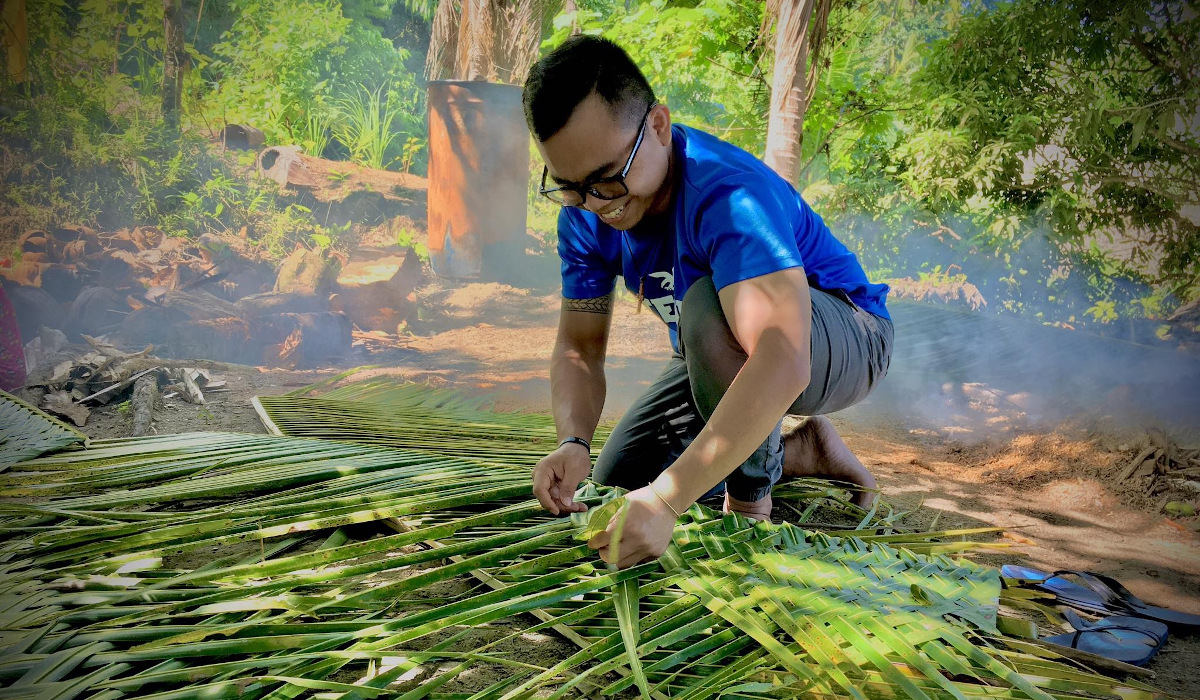
It was disheartening to see the disparity between the rapid modernization of the city and the struggles faced by communities like those in Limpapa, who lack not only basic necessities but also roads, environmental awareness, network coverage, and even WiFi connections. Electricity at home is considered a luxury, and at night, they rely on solar lamps or connections to houses with electricity.
The lack of basic healthcare has resulted in many children being stunted and malnourished. Early marriages and large family sizes are prevalent due to various socio-economic factors. As a religious in formation, these challenges touched my heart deeply.
Following a few days of rest, we visited the farming community of Barangay Lapaz in the cold mountain range. Each of us was assigned to a different family, and I had the honour of staying with Joel Francisco, a widower with three children in their 20s.
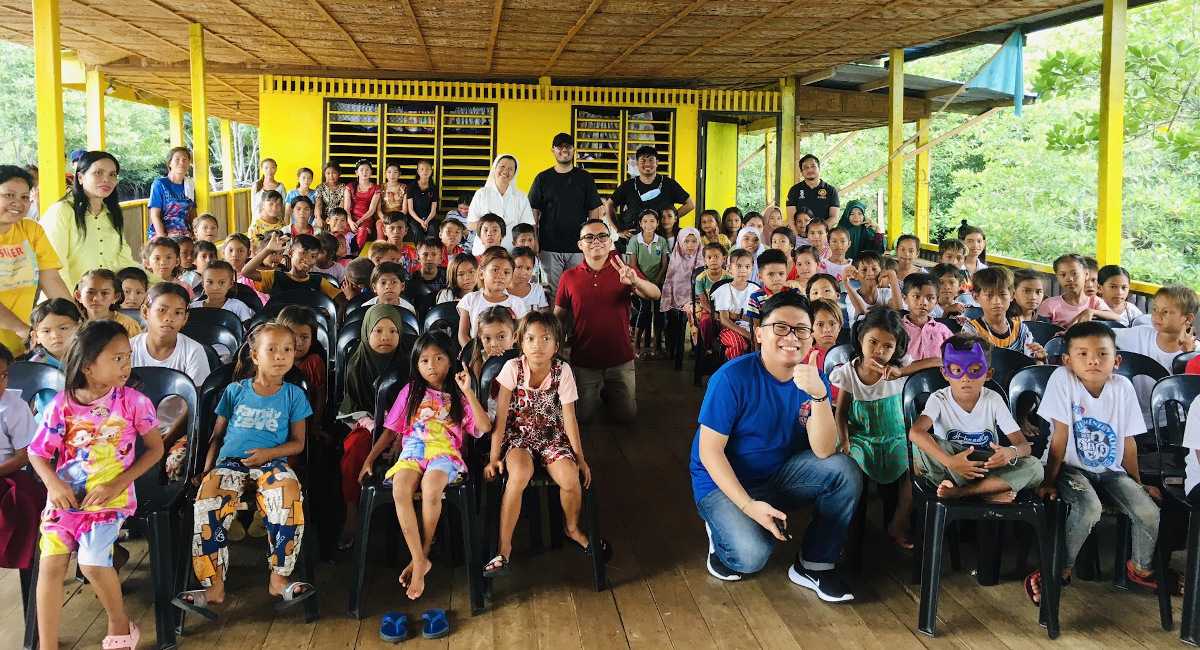
The transportation of the harvest from the farm to the roadside was facilitated by the use of a carabao or a water buffalo. Observing the carabao in action and familiarising myself with the function of the yoke on its shoulders provided me with precious insights. In farming, the yoke serves as a means to guide and direct the animal’s path. I realised that my past negative perception of the yoke as signifying burden and slavery was misguided.
My four-day stay with the Francisco family allowed me to appreciate the hard work of farmers. Even my modest contribution during the harvest left me physically sore for three days. Tatay Joel also gave me great farming tips on vegetable cultivation, seedling nurseries, and optimal watering methods. I am grateful for the mission and the opportunity to glean practical skills and knowledge that will stay with me.
My summer intersession pilgrimage has been a profound and transformative experience. Each step provided me with remarkable insights, especially from the people I encountered. I am forever grateful for all the lessons learned and meaningful connections made, all contributing to my own growth. God’s Providence has immersed me in the sacred tapestry of this educational and enlightening odyssey.

